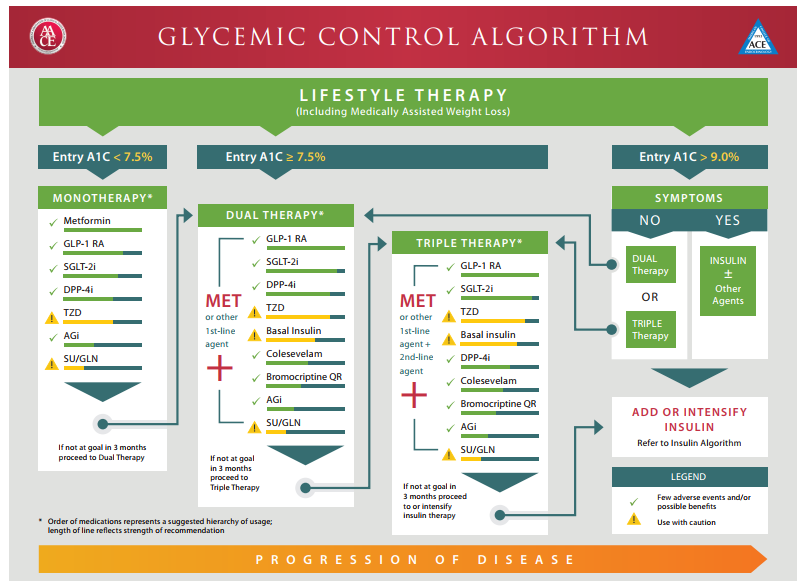Parenting & Childcare
Parenting is a rewarding journey that requires immense love, patience, and dedication. As parents, it is our responsibility to provide the best possible care and upbringing for our children. Good parenting and quality childcare are crucial for the overall development of a child. In this article, we will explore various aspects of parenting and childcare, offering valuable insights and tips to help parents navigate this incredible adventure.
Importance of Parenting
Effective parenting plays a vital role in nurturing a child’s emotional, social, and cognitive development. It is during their early years that children absorb and learn from their surroundings, making it crucial for parents to create a safe, loving, and stimulating environment. Parental involvement greatly influences a child’s self-esteem and ability to form healthy relationships.
Building a Strong Parent-Child Relationship
A strong parent-child relationship forms the foundation of a child’s development. It is essential to develop trust, open communication, and mutual respect. Spending quality time, actively listening, and demonstrating empathy are some ways to strengthen this bond. Parents should encourage their children’s interests, provide guidance when necessary, and celebrate their achievements to promote a healthy and supportive environment.
Effective Communication
Open and effective communication is key to understanding a child’s needs and emotions. Listening attentively, expressing feelings without judgment, and using age-appropriate language are essential skills for parents. Encouraging children to express themselves freely fosters a healthy emotional connection and helps them develop strong communication skills.
Positive Discipline Techniques
Discipline is an integral part of parenting, but it should be accompanied by positive reinforcement and teaching instead of punishment. Setting clear rules and expectations, offering consistent guidance, and using logical consequences promote self-discipline and help children understand the difference between right and wrong. It is important to model positive behavior and provide explanations for discipline actions, encouraging the child’s understanding and self-reflection.
The Role of Childcare
Childcare centers or providers play an essential role in supporting parents in their journey. When selecting childcare, it is crucial to consider factors such as safety, qualifications of staff, age-appropriate activities, and learning opportunities. Well-planned childcare programs facilitate children’s socialization, cognitive development, and independence, while also providing a nurturing and secure environment.
Choosing the Right Childcare
Choosing the right childcare setting requires careful consideration. Start by researching local childcare options and visiting potential centers. Look for cleanliness, appropriate supervision ratios, and availability of age-appropriate toys and educational materials. It is also important to evaluate the qualifications and experience of the caregivers, as well as their communication and engagement with children.
Nurturing Your Child’s Development
A child’s development can be nurtured by fostering curiosity, providing stimulating activities, and encouraging age-appropriate challenges. Engage your child in educational games, creative play, and regular reading sessions. Support their physical development through regular exercise and a healthy lifestyle. Encourage their social skills by arranging playdates and facilitating interactions with other children.
Balancing Work and Family
In today’s fast-paced world, finding the balance between work and family can be challenging. Effective time management, setting priorities, and learning to delegate can help parents create a harmonious environment. Communication with employers regarding flexible working arrangements or utilizing childcare services when needed can also assist in achieving a healthy work-life balance.
Self-Care for Parents
Guarding your own mental and physical well-being is essential for effective parenting. Taking time for self-care activities, such as exercise, hobbies, or spending time with friends, rejuvenates parents and enables them to be fully present for their children. Building a support network, seeking help when needed, and practicing mindfulness techniques are valuable strategies to maintain parental well-being.
Conclusion
Parenting and childcare are significant responsibilities that require continuous learning and adaptability. By prioritizing a strong parent-child relationship, incorporating effective communication and positive discipline techniques, selecting appropriate childcare, and nurturing a child’s development, parents can embark on a successful parenting journey. Remember, each child is unique, and while challenges may arise, the love and care invested in their upbringing will undoubtedly shape them into happy, confident, and well-rounded individuals.


